
Managers as Mentors
Building Partnerships for Learning
Read or listen offline
Amazon KindleRecommendation
Chip R. Bell thinks that the future relationship between the managing and the managed will resemble a partnership, and at the core of this partnership will be mentoring. In Managers as Mentors he describes the ideal relationship between mentor and protégé. Unfortunately, Bell’s description of the "magical dance" of mentoring is perhaps the book’s weakest offering, composed mainly of amorphous passages related to things like "synchronization and synergy." When Bell narrows his focus to practical advice, however, the book begins to shine. His insights into how to give advice and ask questions, although aimed at the mentor/protégé interaction, will be useful to readers in many other situations. For that reason, //getAbstract/ recommends this book to executives and managers who want to be mentors, any student or professional that might someday be in the market for a mentor, or anyone who wants to pick up some common-sense communication pointers.
Summary
About the Author
Chip R. Bell , a senior partner with Performance Research Associates, Inc., manages their Dallas, Texas office. He is the author or co-author of 10 books including Customers as Partners, Managing Knock Your Socks Off Service, Instructing for Results, and Understanding Training. He has served as a consultant or trainer to major organizations, including IBM, GE, Microsoft, Motorola, 3M, Ritz-Carlton, Harley-Davidson, Marriott, Cadillac, Lucent Technologies, USAA, GTE, and Victoria’s Secret.










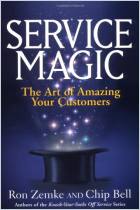
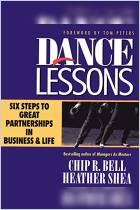

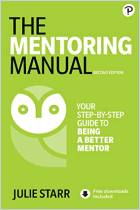
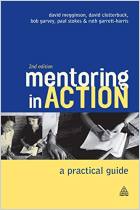
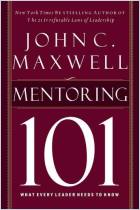


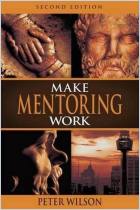




Comment on this summary